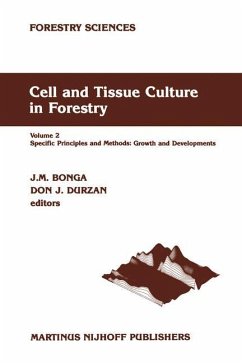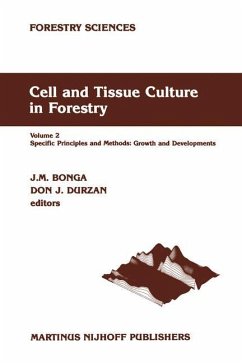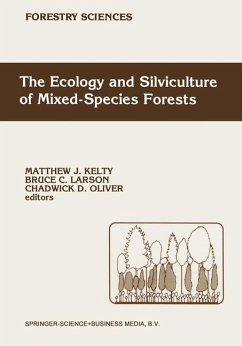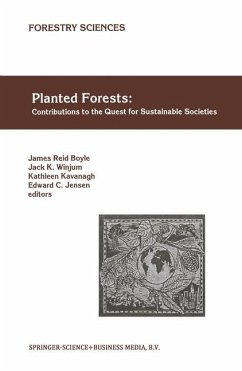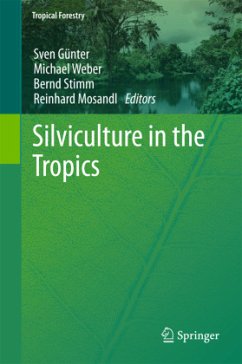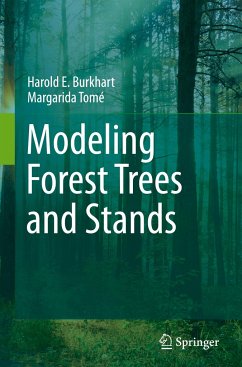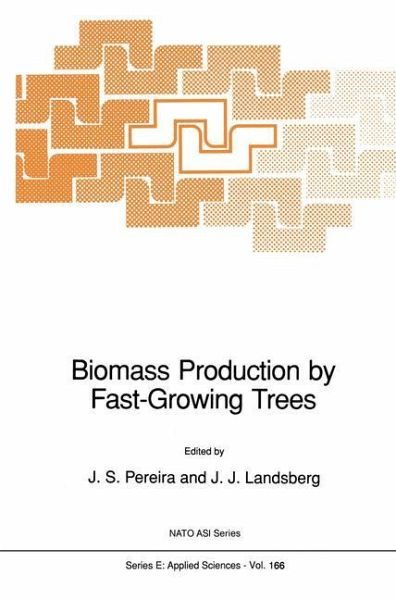
Biomass Production by Fast-Growing Trees
Versandkostenfrei!
Versandfertig in 1-2 Wochen
115,99 €
inkl. MwSt.

PAYBACK Punkte
58 °P sammeln!
Even though most of the biomass of the planet is in forests, we live in a world where wood as a raw material and its products are increasingly scarce. This is particularly so in important areas such as the European Community, which is far from self-sufficient in terms of wood. In recent years the need to intensify forest production and, in some cases, to uti lize abandoned agricultural land for forestry has focussed world-wide attention on the economic importance of fast-growing tree plantations. These are usually managed as short "rotations" (growing cycles) of less than 15 years, often for t...
Even though most of the biomass of the planet is in forests, we live in a world where wood as a raw material and its products are increasingly scarce. This is particularly so in important areas such as the European Community, which is far from self-sufficient in terms of wood. In recent years the need to intensify forest production and, in some cases, to uti lize abandoned agricultural land for forestry has focussed world-wide attention on the economic importance of fast-growing tree plantations. These are usually managed as short "rotations" (growing cycles) of less than 15 years, often for the production of industrial raw materials or biomass for energy. Under the designation of fast-growing tree plantations, or short rotation silviculture, one may find ecosystems managed for different economic objectives, with different intensities of technical intervention and different levels of productivity. They may include any of a wide range of species grown under various environmental conditions. A common factor, however, is the greater possibility that exists, relative to conventional forestry, for manipulation of both the environment and the genetics of the trees.





